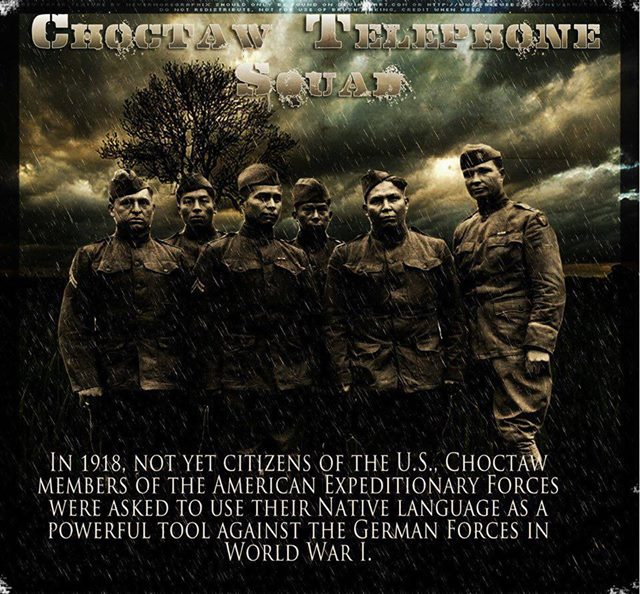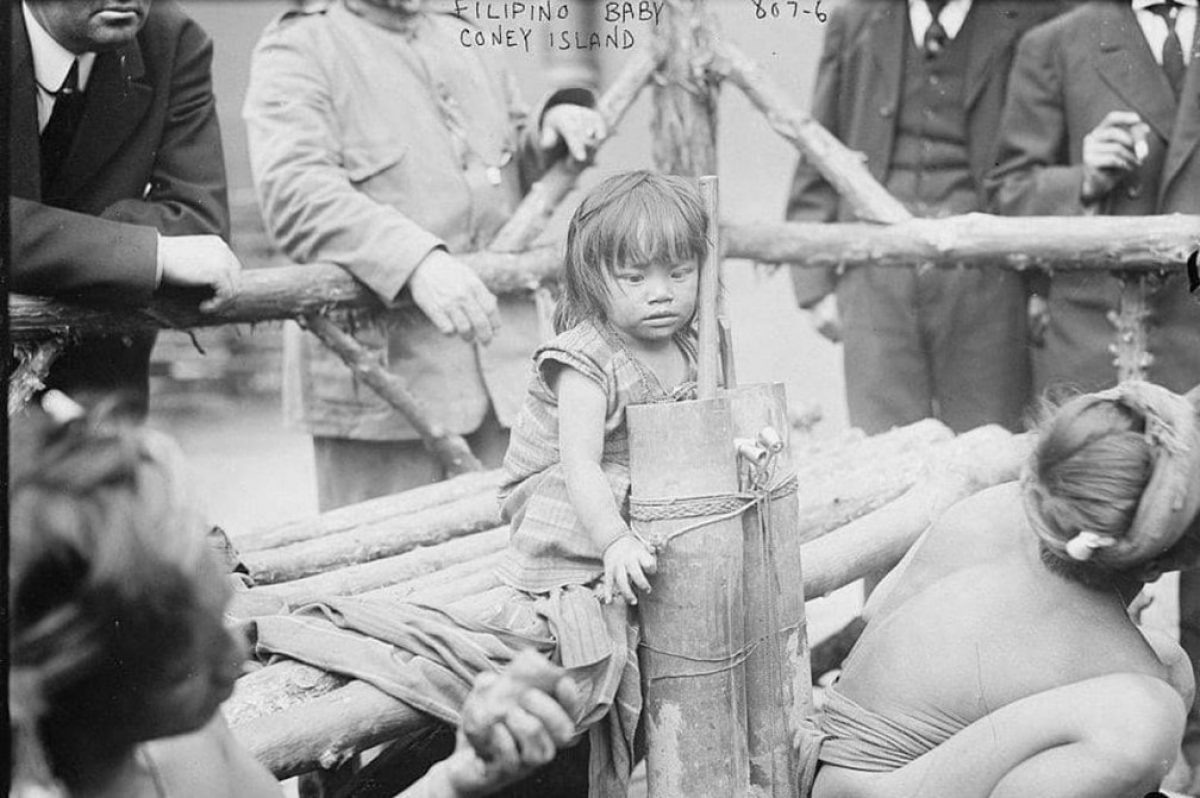
|
1924 Indian Citizenship Act
|
||
|
From: http://www.nebraskastudies.org/0700/frameset_reset.html?http://www.nebraskastudies.org/0700/stories/0701_0146.html
02 JUNE: THIS DAY IN HISTORY
1924 – The Indian Citizenship Act
http://www.history.com/this-day-in-history/the-indian-citizenship-act
With Congress’ passage of the Indian Citizenship Act, the government of the United States confers citizenship on all Native Americans born within the territorial limits of the country.

